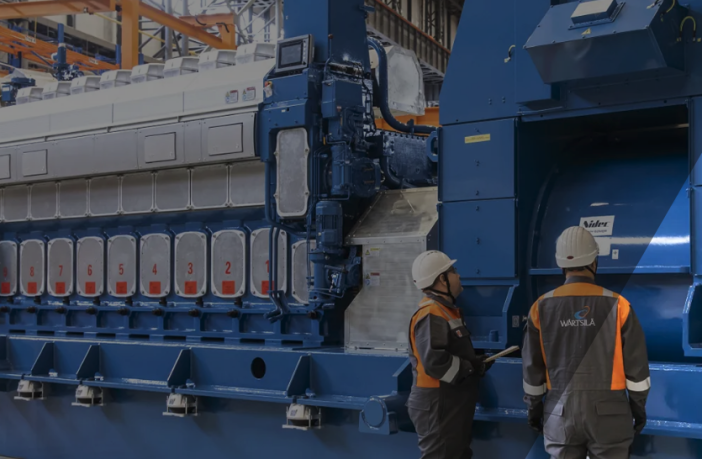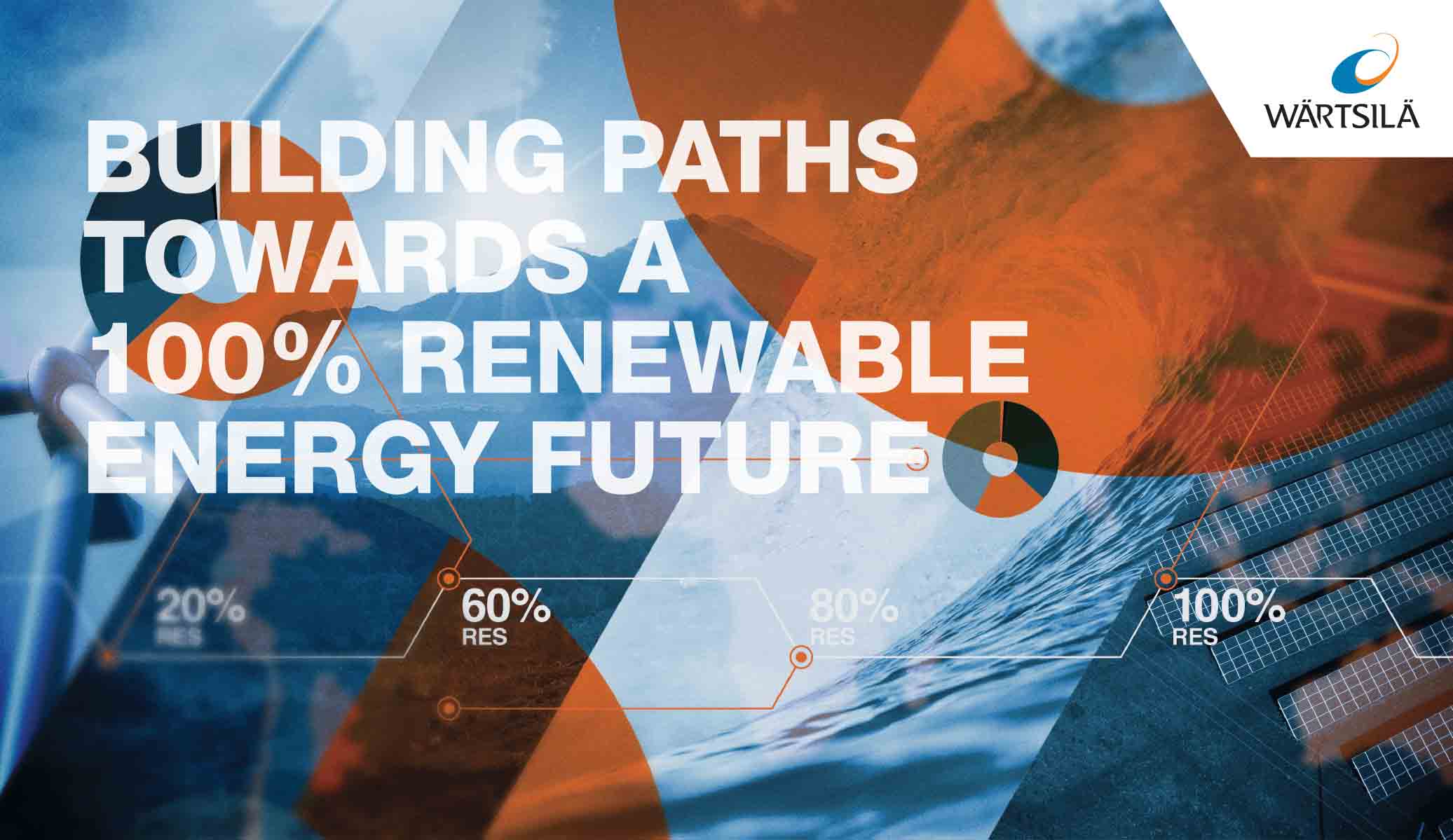- Decarbonizing the power grid is critical to slowing or stopping climate change, but outdated grid modeling practices do not reflect the modern grid’s needs.
- Hourly modeling devalues flexible, dispatchable energy resources like reciprocating engines and battery storage, making them appear to be more expensive and less valuable.
- However, sub-hourly modeling can better reveal the optimum mix of generation assets to lower carbon emissions and reduce costs by drilling down to the five-minute increments where energy variability often occurs.
A recent analysis by Ascend Analytics, a leading power market research and analytics firm, shows the use of hourly dispatch modelling vastly underestimates the value of flexible grid resources such as batteries and utility-scale reciprocating internal combustion engines (RICE). This value only becomes apparent if more realistic five-minute modelling is employed. Under a traditional hourly model, RICEs may appear to be the most expensive of three dispatchable gas technologies surveyed. However, when using five-minute modelling, a data intensive approach better suited to grids with a growing proportion of variable renewable energy resources, shows the opposite is true: RICEs deliver greater value than competing technologies.
“This study quantifies and calculates what that value of flexibility is,” says David Millar, Principal for Markets, Legislative and Regulatory Policy at RICE manufacturer Wärtsilä, which sponsored the research. “It’s hidden because you don’t see it when you only rely on hourly models.”
Wärtsilä’s reciprocating engines can respond to any grid needs within five minutes and maintain high performance under extreme operating conditions. They are fuel-flexible and can be easily powered off and on to reduce emissions during peak wind or solar energy availability. As utilities move toward decarbonized energy, RICEs can deliver greater value than fossil fuel alternatives, and sub-hourly modeling proves it.
Link to the study document HERE
Author: Bryan Groenendaal

















